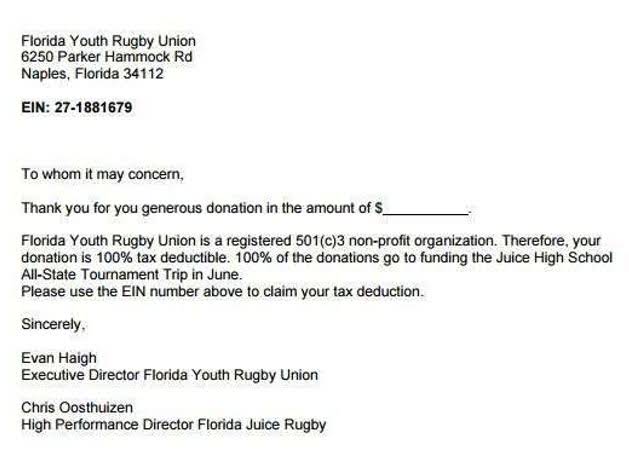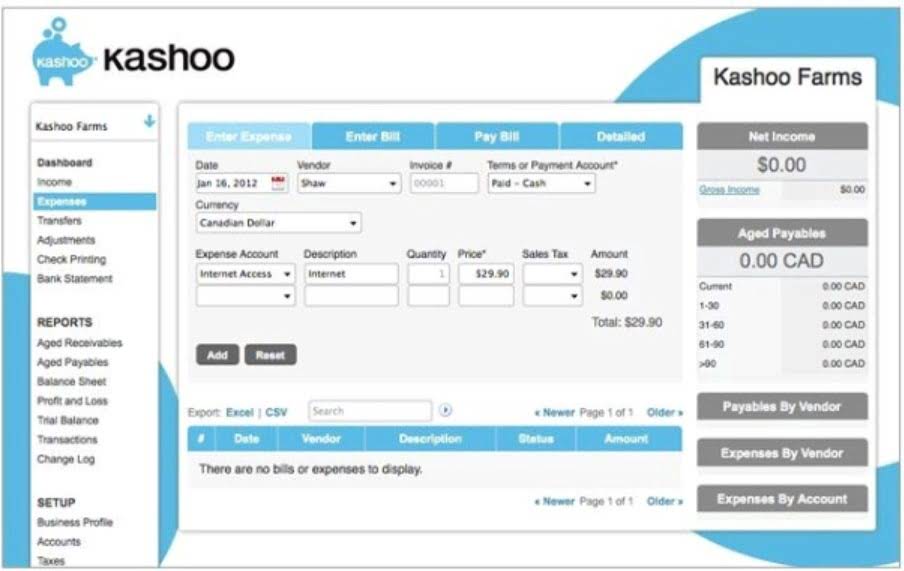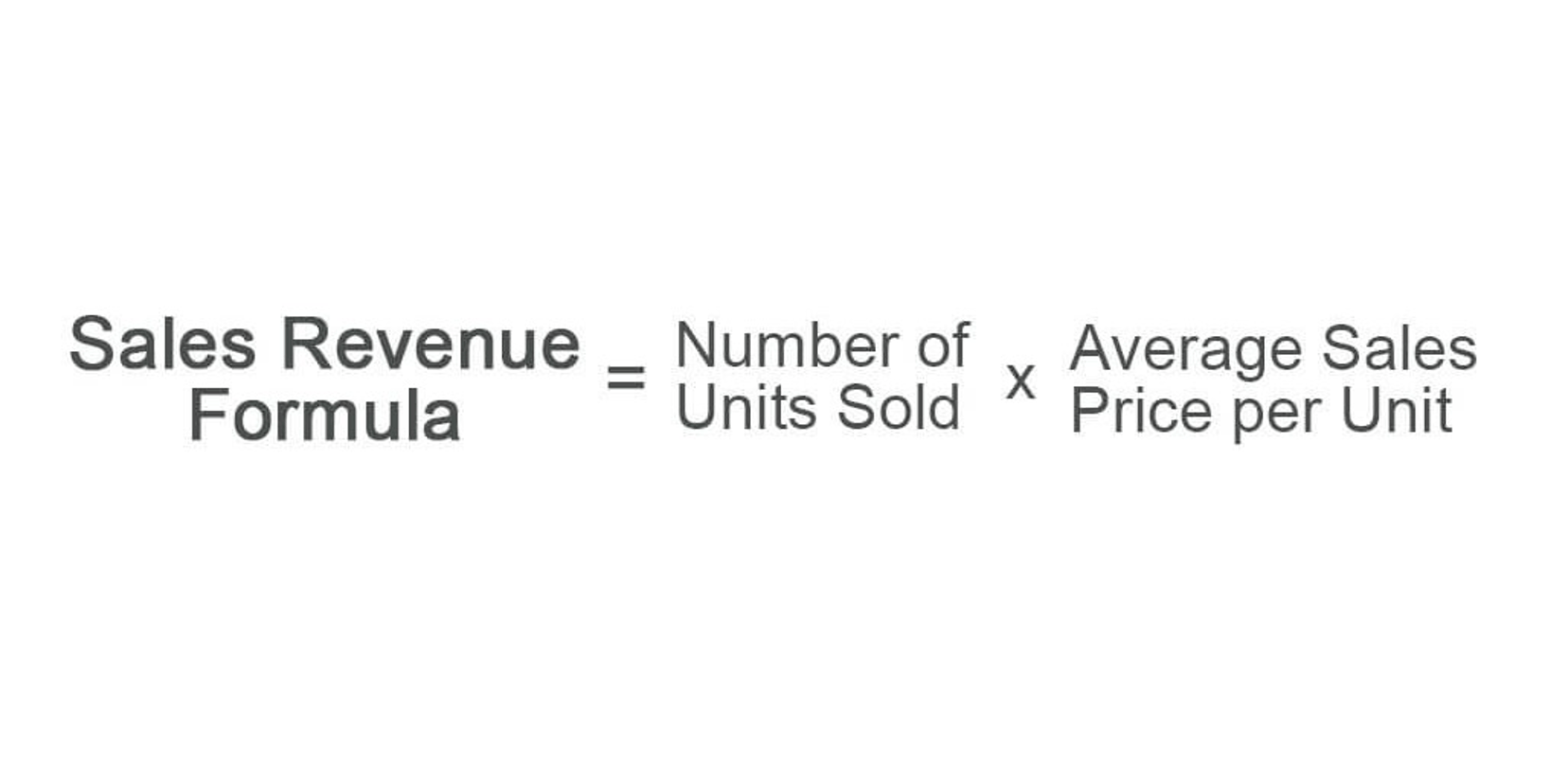
The exact figures of CPA salaries can vary widely based on various factors, such as location, industry, experience, and more. However, one constant remains – CPAs are well-rewarded for their dedication and hard work. Certified Public Accountants (CPAs) embody an elite group of finance difference between accountant and cpa professionals, distinguished by their rigorous education, intensive training, comprehensive examinations, and commitment to a strict code of ethics. In international finance, professionals can advise multinational corporations on cross-border transactions and currency risk management. Financial analysts may specialize in investment analysis, helping clients navigate complex financial instruments and market trends.

Professional Development and Training Opportunities
- A CPA can also help with long-term financial planning and ensure compliance with the latest tax laws and regulations.
- As the demand for financial transparency and compliance rises, the need for skilled accounting professionals also grows.
- The CMA Exam emphasizes strategic financial management, decision-making, and the ability to provide actionable insights to drive business performance.
- It’s essential to note that despite economic fluctuations, the demand for experienced and highly skilled CPAs remains consistently high, supporting robust salary prospects.
- CPA vs Non-CPA salary refers to the comparison of earnings between Certified Public Accountants (CPAs) and those who have not achieved this certification.
An accountant is a person whose job it is to analyze and review financial records, keep track of a business’s cash flow and financial transactions, and assist in some tax preparation duties. In some cases, an accountant will also be involved in cost analysis, auditing, or the financial planning of a company. Next, you may want to consider enrolling in a CPA review course or another preparation program to better your chances of passing the first time. Then, it’s time to take the exam, which the American Institute of Certified Public Accountants gives in three parts; you have 18 months to complete all three. If you have to take the exam a second or third time (or even more), it’s not a big deal. Passing means you have demonstrated a superior level of skill and knowledge and are deserving of better compensation.
CPA Salary by Education
Before we get into the long list of differences between an accountant and a CPA, it’s good to have an in-depth discussion one at a time. The highest pay for accountants ranged from $113,310-$133,140, according to the BLS. Top earners specialized in manufacturing and worked in New York or San Jose-Sunnyvale-Santa Clara, CA. According to Payscale data from August 2024, the average CPA base salary is $99,000 per year.

Corporate Accounting and Finance

You can choose to specialize in one of four concentration areas, including financial reporting, management accounting, auditing, and taxation. Whether you want to become a corporate tax specialist, auditor, financial analyst, or another type of financial professional, a degree Coffee Shop Accounting from WGU can equip you with the industry-relevant skills you need to thrive. Whether you pursue a career as an accountant or decide to earn a CPA designation will depend on your career goals and the type of work that you ultimately want to do. A CPA designation can help to qualify you for more opportunities, and it may give you a competitive advantage when applying for a position. However, the CPA designation requires additional schooling and time, and you will also need to budget the time and money to complete your state’s continuing education requirements.

What Does a Tax Attorney Do?

While accountants manage day-to-day finances for a business, CPAs may be responsible for tasks that accountants can’t perform, such as preparing audited financial statements and conducting company audits. Accountants are professionals who manage financial records of a business or firm. They perform a variety of services, including account analysis QuickBooks and auditing, and are responsible for managing bookkeeping and financial documents. While accountants also adhere to ethical standards, they are not bound by the same rigorous rules that govern CPAs.
Leave a Reply